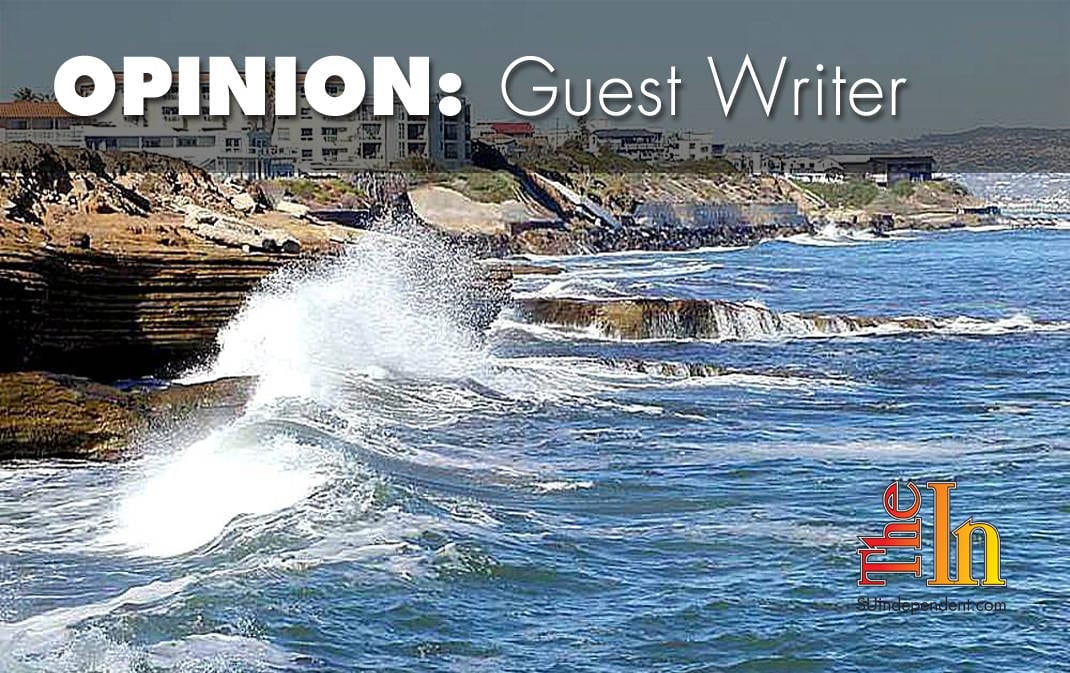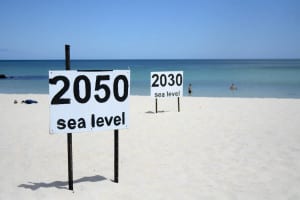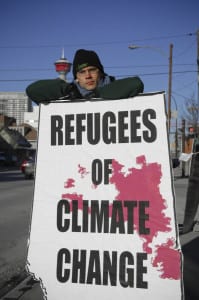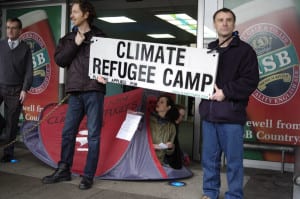 Written by Shae Keane
Written by Shae Keane
“Guess where we are off to!” I heard him exclaim to the stranger behind him at the airport. Despite his enthusiastic attempt, the young woman to whom he spoke did not seem the least bit interested. But still, she was polite. She stood there for him to answer. “On a cruise!” he called out, for all of us to hear.
There was something upsetting to me about the exchange. It wasn’t the fact that he was a bit loud, nor that he was excited about his trip. Rather, it was connected to something much larger — our historically superficial and exploitative relationships with the island nations of the world.
We, the people of the United States, haven’t really given much thought to these 52 island nations — that is, until those who can afford it want to spend a vacation on one, or until Western industry catches sight of its next big economic endeavor.

But the truth is that we have left our mark in a terribly destructive way, whether we have been vacationers on the island or simply consumers in our own land. Globally, the United States is the second-highest emitter of greenhouse gases. They are the cause of the earth’s warming, which has led to melting ice caps and thermal expansion, two causes of other environmental disasters. Now the world is feeling the ramifications, and the island nations are of the most vulnerable.
“Scientific research indicates sea levels worldwide have been rising at a rate of 0.14 inches (3.5 millimeters) per year since the early 1990s,” reported National Geographic. “The trend, linked to global warming, puts thousands of coastal cities, like Venice, Italy and even whole islands at risk of being claimed by the ocean.” The facts are out: The world is warming, and if our human actions and systems do not drastically change as sea levels rise, we may very well all be in the same boat — literally.
A 2008 UNHCR article reports that Deputy High Commissioner for Refugees L. Craig Johnstone stated at the UN Climate Change Conference in Poznan, “… that even by the most conservative predictions up to 250 million people will be displaced by the middle of this century as a result of extreme weather conditions, dwindling water reserves and degradation of agricultural land.” It is already happening.

Newspaper articles grasp at terms to explain this global crisis of severe weather and rising sea levels, due to climate change, that is causing forced relocation: “climate refugee,” “climate/environmental migrant,” “environmentally displaced person.”
Islanders of the South Pacific, where threats are imminent, have been responding with social and political action. When governments were slow to support the Cartaret Islanders in relocating in response to worsening climate crisis, their Council of Elders formed a leadership organization to lead the relocations and future planning called “Tulele Peisa,” which translates to mean “Sailing the Waves on Our Own.”
In 2014, Marshall Islander Kathy Jetnil-Kijiner addressed the members of the UN Climate Summit by sharing a spoken word piece written for her daughter: “Dear Matafele Peinem…men say that one day / that lagoon will devour you … they say you, your daughter / and your granddaughter too / will wander rootless … mommy promises you / no one / will come and devour you … because baby we are going to fight … even though there are those … who like to pretend / that we don’t exist. … “
In October 2014, Pacific Islanders from Marshall Islands, Fiji, Vanuatu, Tokelau, the Solomon Islands, and Papua New Guinea, along with other environmental activists, created a blockade with their canoes around the export terminal of the world’s largest coal port in Newcastle, Australia, to draw attention to climate change.

Though most island nations of the world have a carbon footprint that is miniscule in comparison to Western corporate industrialization and consumerism, they are suffering disproportionately from the effects of climate change.
However, they are far from passive in response. As sea levels rise, they do too — in demonstration, social action, and global leadership.
Waters encroach upon the edges of homelands across the globe, and the U.S. is not excluded. Just last week, Victoria Herrmann, who is traveling the U.S. for a National Geographic-funded book, “America’s Eroding Edges,” reports of the Yupik village of Newtok, Alaska, whose highest point of elevation, the U.S. Army Corps of Engineers predicts, could very well be underwater by 2017. This is a situation more than 180 villages in Alaska are faced with as ice melts and waters rise at an alarming rate.
It is no time for island vacations, emitting as we fly or cruise to an “exotic” place for a week of vacation, leaving only our Western carbon footprint in our wake. Neither is it time to be overwhelmed into inaction by terror and guilt of the mess we have made. We could take a lesson from the South Pacific Islanders: a commitment to pick up the broken pieces and to live a low-carbon-emitting lifestyle. This is the world we leave our children, and this is the time to make sure that their children have one. As the waters rise, we should too.



